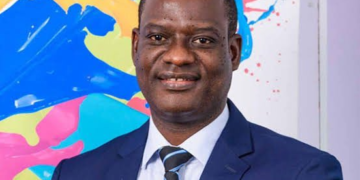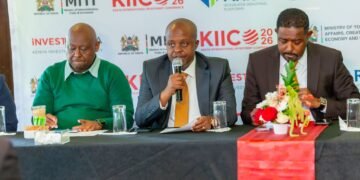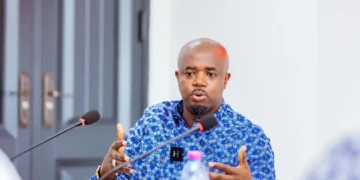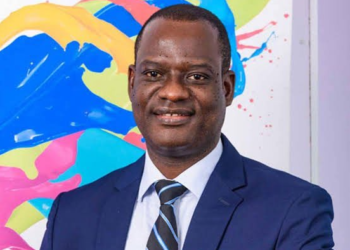Though Nigeria has achieved some progress in access to basic hygiene services, it must not relent because according to the WASHNORM (2021), only 17 per cent of households have access to basic hygiene services which is a marginal increase of one percentage point when compared with 2019 WASHNORM.
The disclosure was made in a goodwill message delivered by Dr Tushar Rane, the Chief of Field Office, UNICEF Nigeria, Bauchi I Field Office at the commemoration of the 2022 Global Handwashing Day held at the Hazibal Suites, Bauchi recently.
He added that 99 per cent of household heads have knowledge of at least two critical times for hand washing while 8 per cent demonstrate proper handwashing with water and soap under running water.
Also, according to him, 35 per cent of schools have basic hygiene services with 33 per cent in the primary while 42 per cent are in secondary schools and only one-third of health facilities have access to basic hygiene services just as only 30 per cent of health facilities have basic hygiene services.
The UNICEF Chief of Field Office stressed that Health facilities in rural areas are more disadvantaged in access to hygiene services than those in urban areas while only 8 per cent of markets/motor parks have basic hygiene services with only 40 per cent of markets and motor parks have basic water supply, sanitation, and hygiene services.
According to him, after the first Global Handwashing Day in 2008, when over 120 million children washed their hands with soap in more than 70 countries, leaders at community and national levels have been using Global Handwashing Day to draw attention to handwashing and to provide facilities that promote the adoption of good handwashing practices in their communities.
Though held once a year, handwashing is a practice we must encourage every time and everywhere because it saves lives.
This year, the Global Handwashing Day theme “Unite for Universal Hand Hygiene” aims to reiterate that every one of us has a role to play to ensure that we sustain the progress that has been made in promoting handwashing and other good hygiene practices as life savers.
“This is more important now, as we move beyond the COVID-19 pandemic. Governments, development partners, the private sector, and academic institutions must join hands to advocate for and to make handwashing a centrepiece of healthy practices beyond the 15th of October of every year.”
In his address, Bauchi State Commissioner in charge of the Ministry of Water Resources, Hon Ahmed Aliyu Jalam said that the present administration is collaborating with UNICEF to commemorate the day for the collective improvement of public health generally.
The Commissioner added that WASH is one of the key priorities of the administration stressing that in the last two years, significant progress has been made in the improvement of access to safe water supply and effective sanitation in both urban towns and rural communities.
He, however, lamented that the lack of toilets and handwashing facilities in homes and schools is negatively impacting the gains made especially in relation to public health.
The Commissioner expressed delight saying that “disparities in public health status and well-being is very clear between the over 6000 Open Defecation Free (ODF) communities in the state, especially Dass, Gamawa, Bogoro, Shira, Ganjuwa, Warji and Toro LGAs that are LGA – Wide ODF and communities and LGAs that are Open Defecation (OD) is prevalent”.






























































